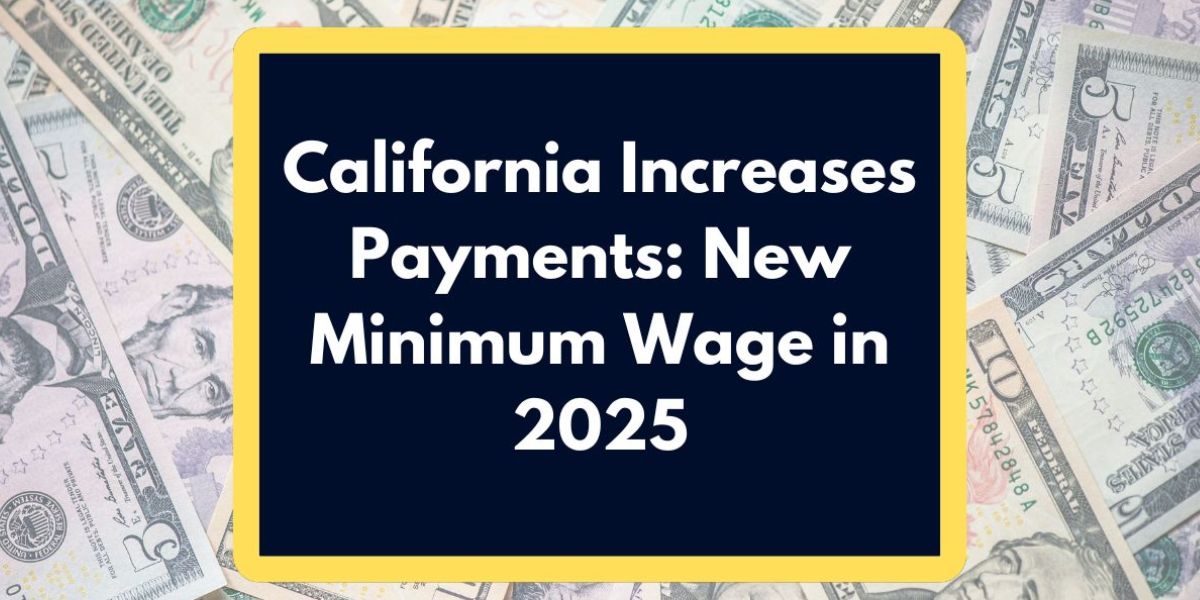California will become the highest-paying state in the US when its minimum wage increases dramatically starting in 2025.
The bill’s objectives are to enhance workers’ economic circumstances and address the state’s high cost of living. This pay adjustment will result in an hourly base rate rise of $16—a substantial increase over the previous year.
The statement has been enthusiastically received by many labor groups, who see it as a significant step toward more economic justice.
Concerns have also been raised about how it would impact small and medium-sized enterprises, who will have to adjust their budgets to comply with the regulations.
For Californians, this will be the biggest raise in the minimum wage in history
California will have one of the highest minimum wages in the nation when the new minimum wage adjustment takes effect, rising to US$16.50 per hour.
State laws stipulate that the minimum wage is modified yearly in accordance with inflation and other economic variables that affect living expenses.
The increase will be far higher in a number of Californian towns and counties due to municipal ordinances that attempt to match pay to the standard of living in each area.
Belmont employees will receive a minimum wage of $18.30 per hour, while Mountain View employees will receive $19.20.
These figures demonstrate how committed certain towns are to provide more equal wages in line with their residents’ needs.
The increase in California’s minimum wage is an effort to improve workers’ quality of life in light of growing costs for housing, food, and medical care.
What responsibilities will employers have?
The increase in California’s minimum wage is an effort to improve workers’ quality of life in light of growing costs for housing, food, and medical care.
Furthermore, it will be essential for businesses to fully and explicitly inform their staff about these changes in order to avoid any violations that can result in fines from state labor authorities.
For small businesses, who have to balance operational sustainability with regulatory compliance, the measure also poses a challenge.
Experts contend that despite the challenges, pay increases can boost employee motivation and output, enhancing the workplace and retaining talent.
With this latest change, California continues to rank among the states with the highest minimum salary in the country and joins a group of states that have passed similar laws to address economic disparity.
Joining states like New York and Washington, California has taken the lead in implementing progressive pay increases that are intended to protect workers’ wellbeing.
California’s activities are being closely watched globally because they may serve as a model for other states facing similar problems with regard to economic development and living expenses.
State officials have backed the initiative, arguing that higher wages strengthen and stabilize the economy.
Widespread Weekend Rain Could Bring Relief or Setbacks to Southern California
The minimum wage in California is expected to have a major economic influence on the state’s financial recovery.
Employees with greater purchasing power will be able to spend more on basics, boosting local businesses and helping sectors like food, entertainment, and retail.
Economists believe that this increase can also help reduce pay inequality, giving those who earn less the opportunity to improve their quality of life and gain access to better housing and healthcare.
However, they warn that companies must be provided with the support they require to adapt to the new rules without sacrificing their profitability.
Over time, this move is expected to strengthen California’s labor market and attract more professionals seeking high-paying jobs.







Leave a Comment